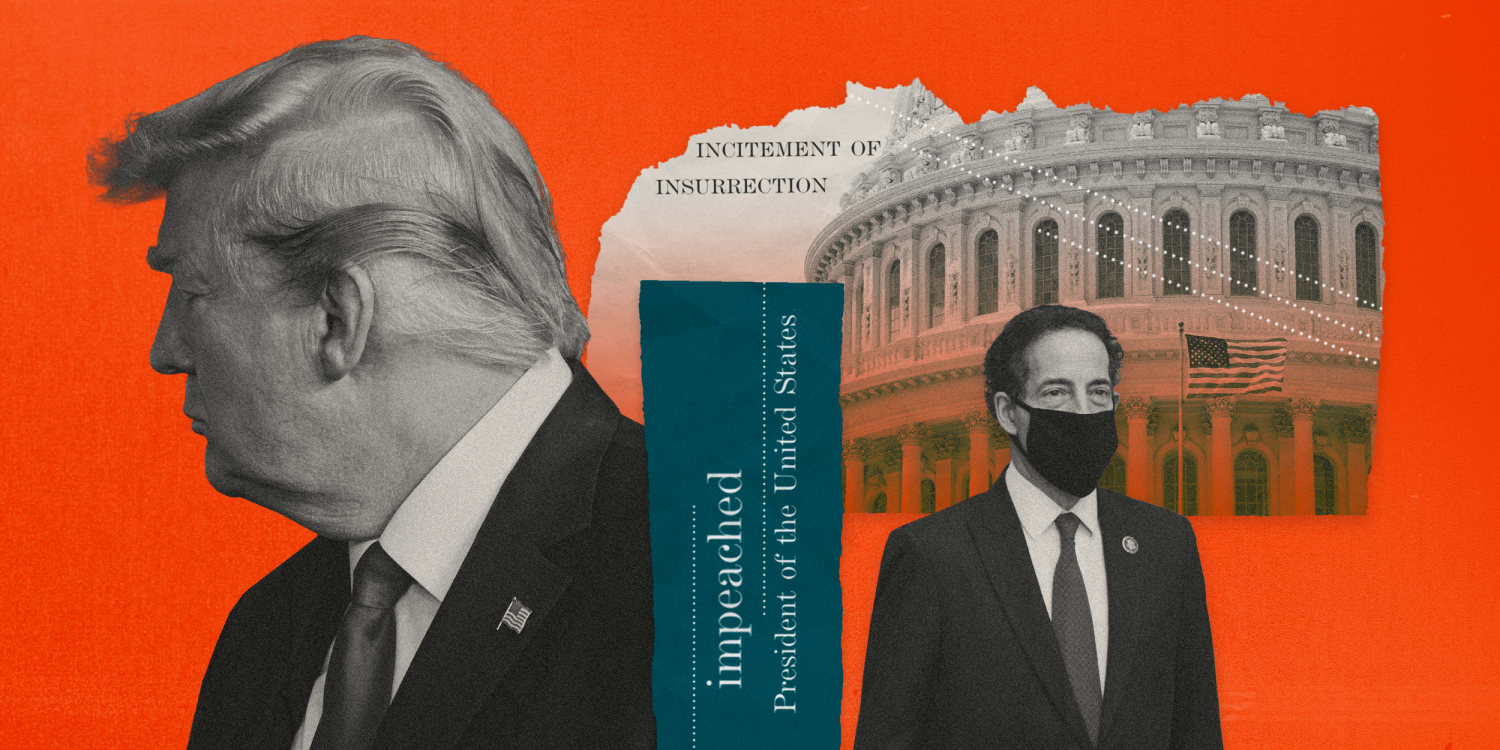
“We have seen that our nation is more deeply divided than we thought.” With this basic idea, in the early hours of Nov. 9, 2016, Hillary Clinton began the speech in which she would acknowledge Donald Trump’s victory in the U.S. presidential election that year. Indeed, from subsequent studies, we can conclude that the result of that presidential election is best explained by Trump’s message to concentrated sectors of the population that resented the death of the “American dream”—defined as the certainty that all citizens can achieve a good standard of living, educate their children and ensure health and a dignified old age by working and remaining disciplined in their personal and family lives. During Trump’s four years as president, he hammered home the idea that he was a game changer, and that things were bad for those sectors of the population because of politics or long-held government policies that he was coming to alter or reverse. Clinton’s explanation to her followers – gathered at a hall to celebrate her victory – as to why she had lost was based on political speculation about the division of the American people.
If Trump’s policy during his presidential campaign and while in office was to radically divide the population through his positions, proposals, allegations and initiatives, the Democratic Party’s candidate for this past November’s presidential election needed an approach built on unifying the American people around achieving its fundamental goals. This, of course, goes beyond any particular doctrine or strategy that leadership must endorse, but that’s how politics is. The basic approach of Joe Biden as the new president is to unite the U.S. nation and mend the wounds of division.
Trump’s impeachment trial goes against the new administration’s stated purpose; it can only be explained as a cheap political maneuver designed to destroy Trump’s status as a national role model. It evidently benefits the Democratic Party, as well as those with aspirations within Trump’s own Republican Party.

Leave a Reply
You must be logged in to post a comment.